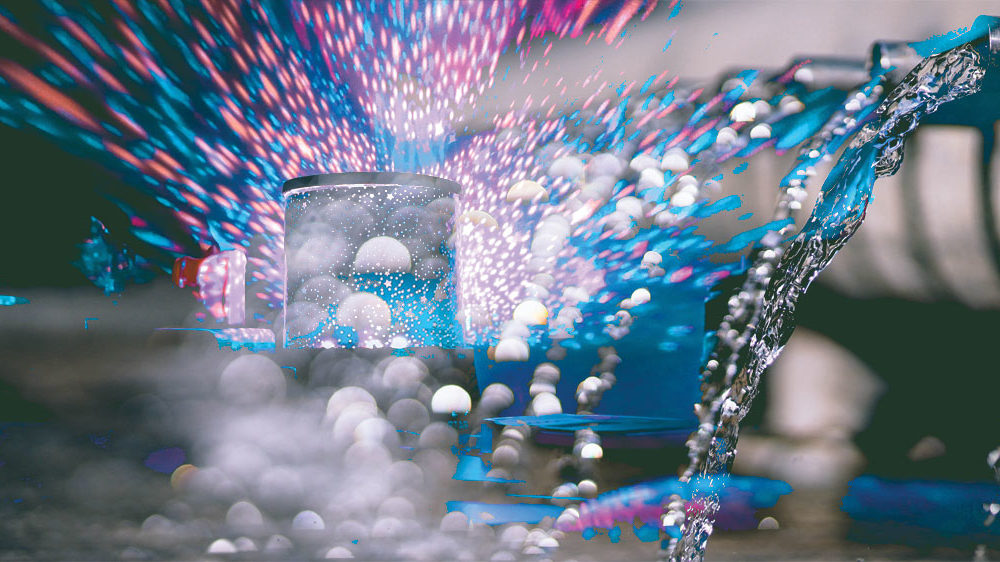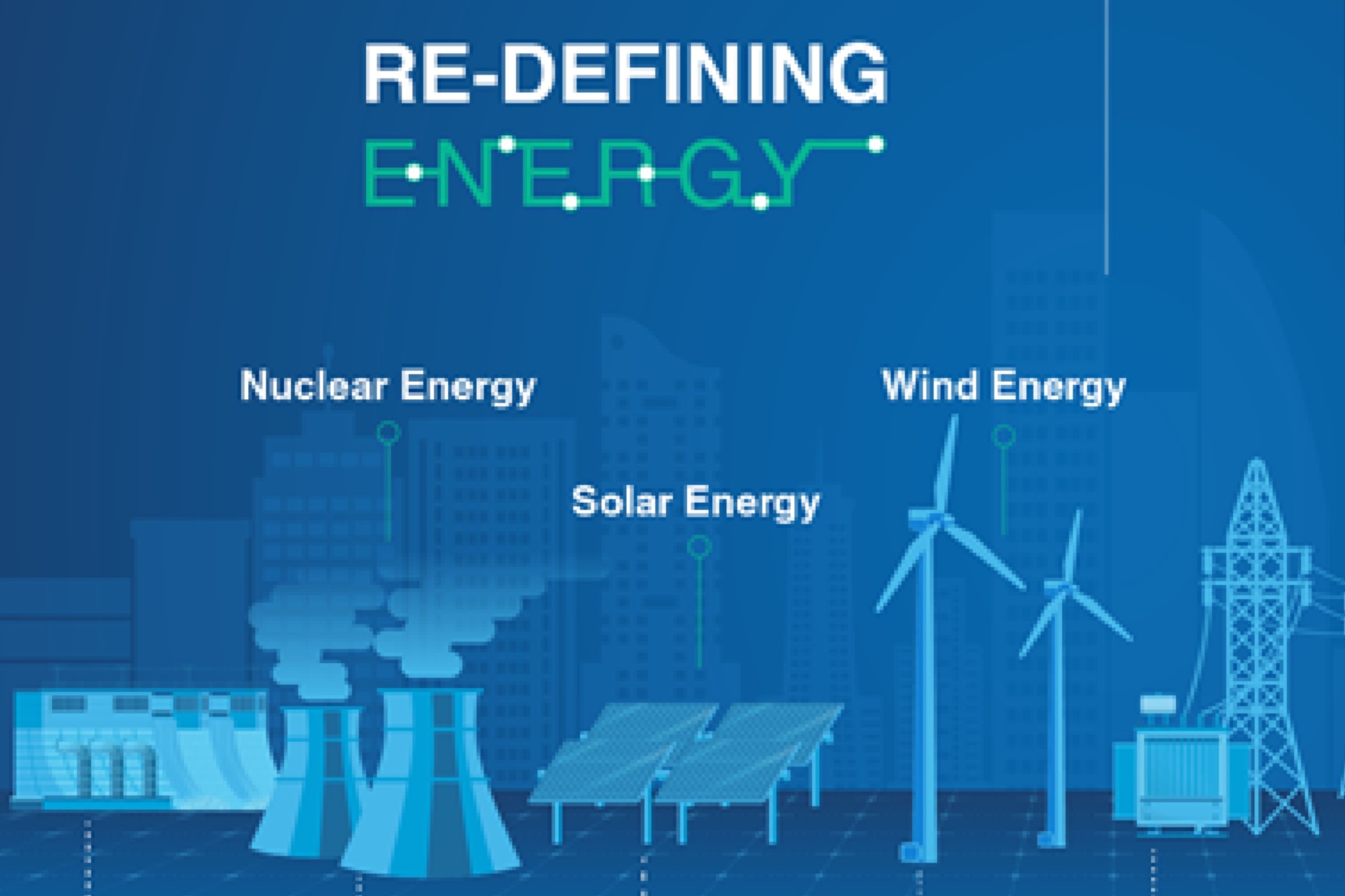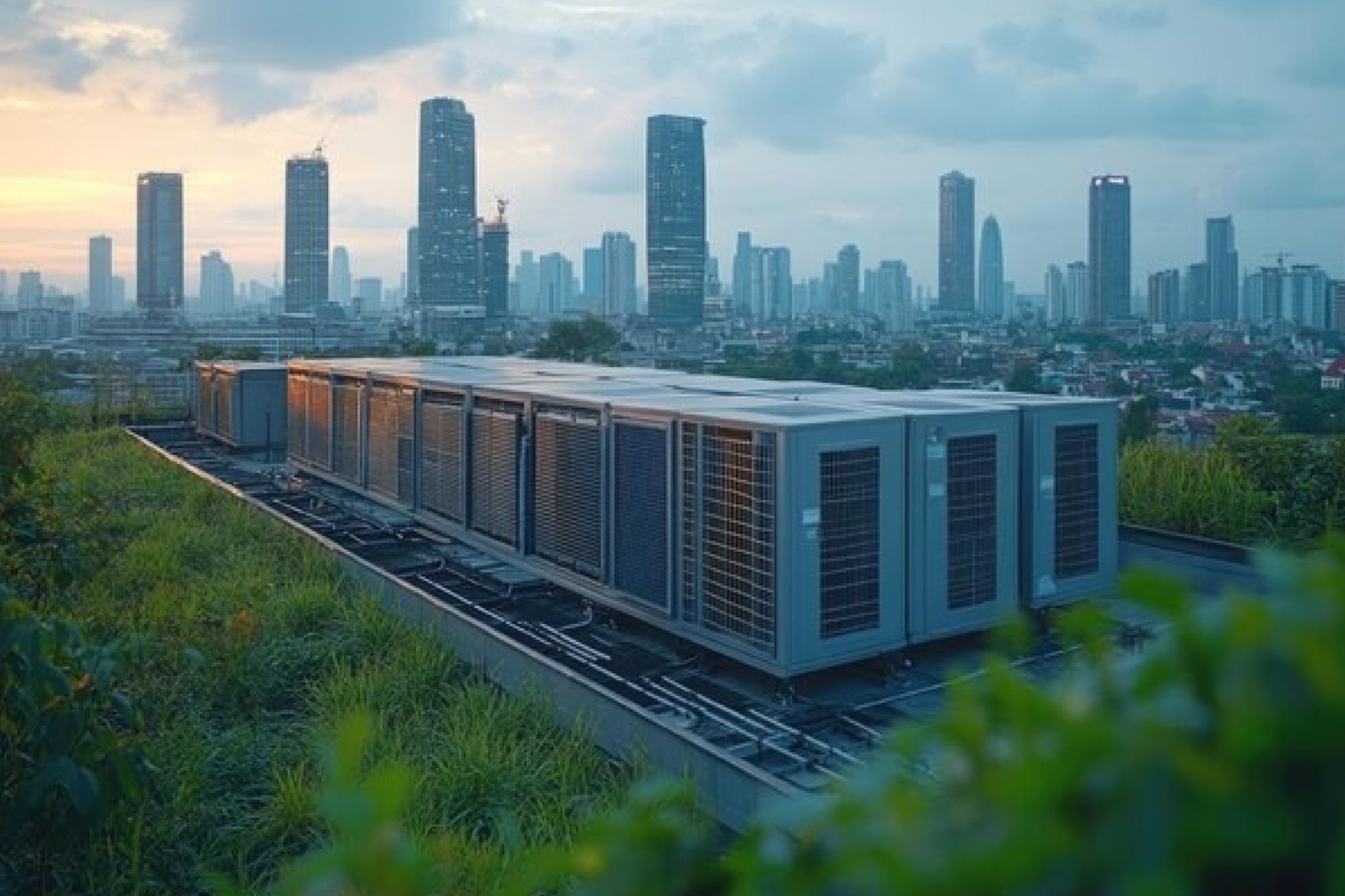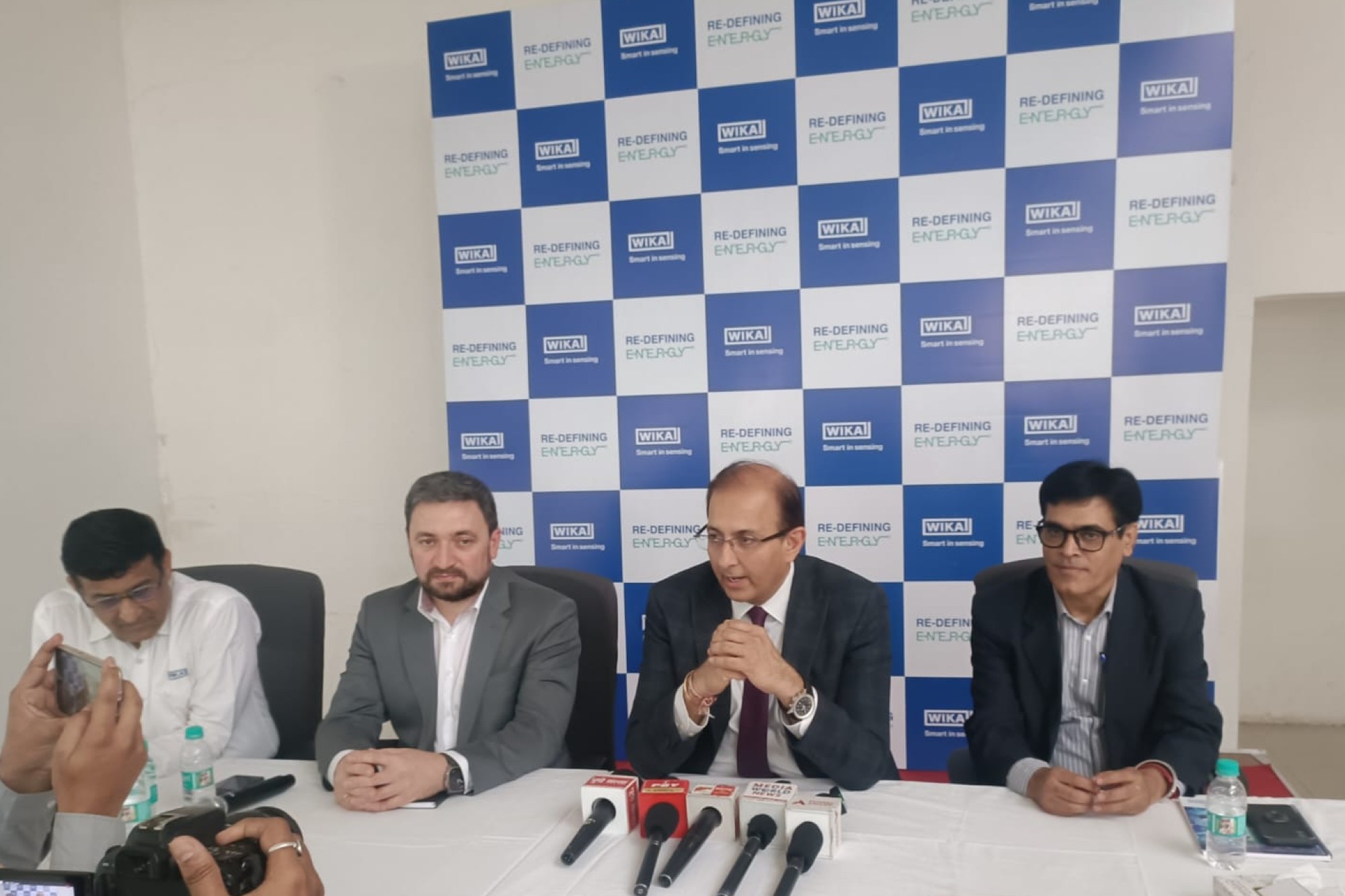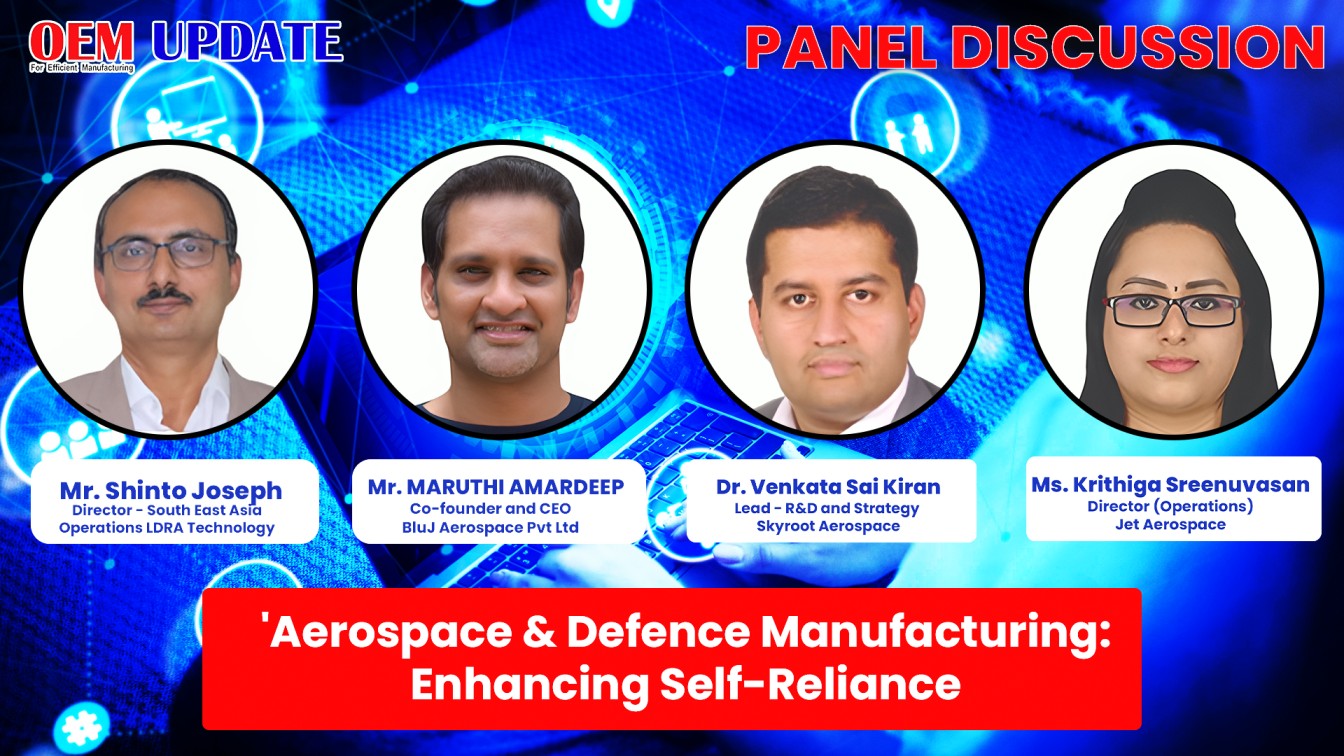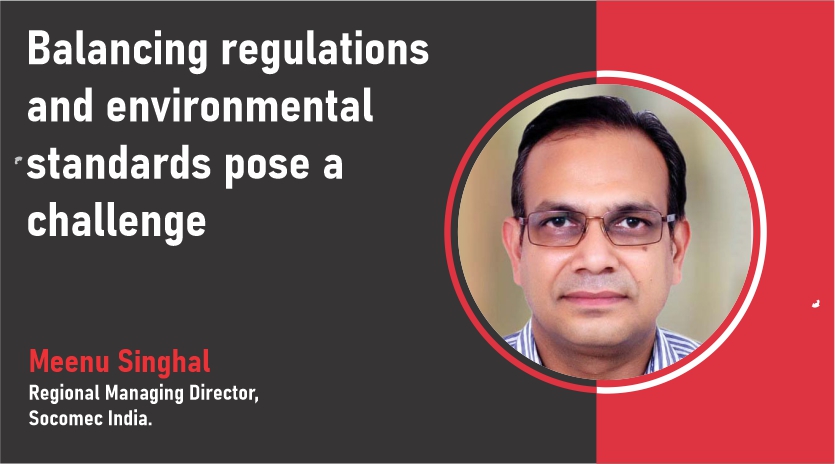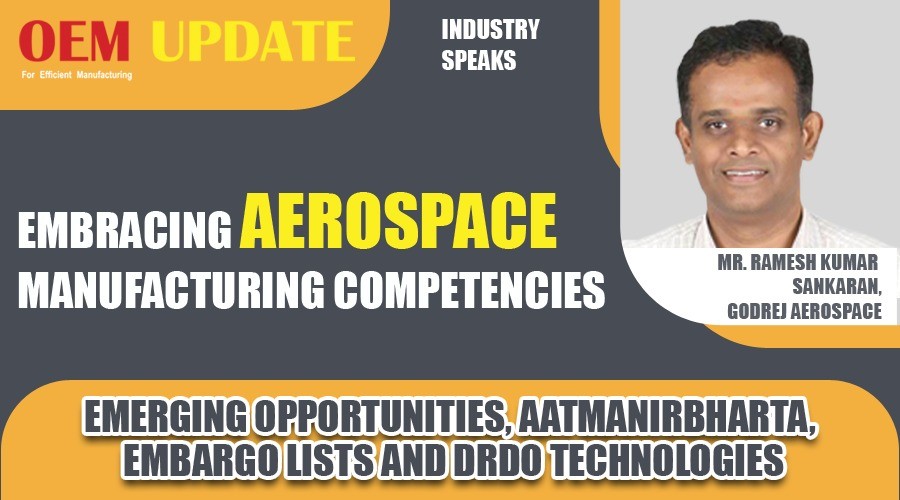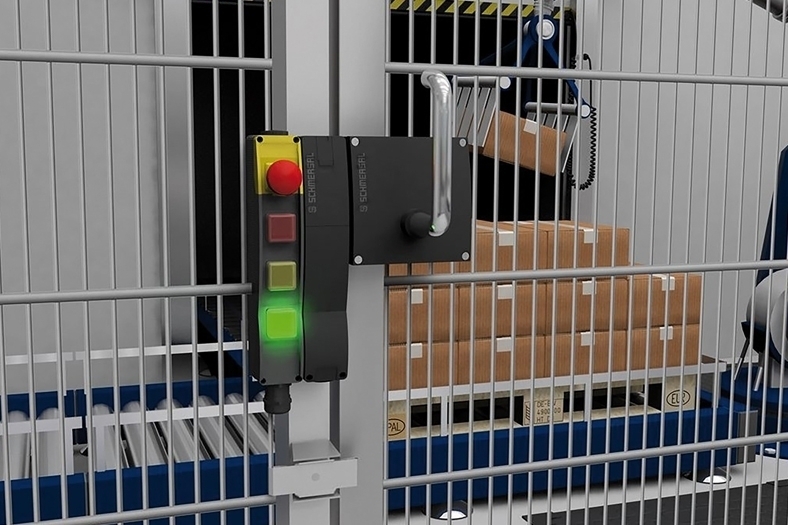Water treatment: A stream of life and savings
By OEM Update Editorial September 11, 2018 6:01 pm IST
Importance of wastewater management and technology that drives water facilities
Urbanisation in India is developing at an unprecedented rate, which has given rise to increased consumption and demand of water. Making the matter worse, a recent study by UNESCO shows that about two million tons of sewage is being released into the water bodies. This contamination of water has led to disruptions in the food chain, destruction of ecosystems etc.
Sanjeev Sirsi, Head of Business Development (Water utility), Sales, Grundfos India says, “We need effective wastewater management solutions to tackle the aforementioned problems. These water treatment solutions will help in ensuring that water is made fit for consumption and at the same time, it is not wasted. Existing and obsolete water treatment plants can be modified and upgraded, so that they are better equipped to handle challenges of the current scenario.”
According to Hemant Joshi, Head – Water & Waste Solutions business, Thermax Limited, water recycling or the reuse of treated wastewater is becoming a necessity in today’s world. Water has become one of the most valuable resources due to changing weather patterns, explosive population growth, and contamination of natural water bodies. Industrial growth, rapid urbanisation and unplanned water utilisation for agriculture have reduced water levels from natural water resources.
The dependence on water resources could be reduced either by optimising water usage or reusing wastewater generated after treatment. Both are essential in today’s context. The required quality of wastewater for reuse would depend on the end application. Hence treating the wastewater and recycling it is necessary. For example, domestic wastewater could be reused for flushing, gardening and car wash after secondary treatment, media filtration and disinfection.
Technology driving management of water facilities
Grundfos offerings
Smart wastewater management systems and Real-Time monitoring are two broad solutions that can be deployed for effective wastewater management in water facilities. Sanjeev declares, “We offers a broad range of equipment’s designed specifically for wastewater handling and treatment. The sustainability of a sewage treatment plant requires that the solution is durable, ensuring cost effective and trouble-free operation.”
Sanjeev shares, Smart wastewater treatment plants deploy modern technologies such as energy efficient pumps, submersible mixers, submerged aeration, equipped with remote monitoring and operation. This remote monitoring constantly feed data on operation of these equipment’s. In case of any deviation from defined norms, the operators are alerted immediately. Additionally, this data feed also helps in preventive maintenance and demand forecasting. Grundfos remote management is secure and cost-effective. Its internet-based system is used for monitoring and managing pump installations in commercial buildings, networks, wastewater plants, etc.
Grundfos also has a range of sewage submersible pumps that have been specifically designed for applications such as transfer of unscreened raw sewage and raw water, pumping out water high in sludge and industrial effluents. These solutions have been successfully used in treatment plants all over the world.For decentralised sewage treatment Grundfos Bio Booster is developing and delivering solutions for wastewater treatment and water re-use for applications in the food and beverage industry and for treating municipal and hospital wastewater. The Bio Booster treatment efficiency ensures that each drop of treated wastewater finds its way back to nature with significant reductions of COD, TP and TN, thus meeting strict effluent requirements.
Bio Booster: next-generation solution:
Thermax offeringsThermax offers both customised and standardised sewage treatment plants for housing societies, commercial complexes, SEZs, hotels and hospitals.
Hemant states, “We have recently developed a packaged sewage treatment plant called ‘BioCask’ which can be fitted even in a basement with a height of 3.5 metres. The plant produces less than 5 BOD at the outlet without using ultrafiltration membranes,thereby reducing both capital as well as operating cost and at the same time delivering quality treated water which can be used for non-potable applications.”
These systems reduce lifetime costs and occupy one-fifth of the space as compared to a conventional system. These can be installed in basements and on terraces with the options of recycling, complete
automation and connections to the municipal lines, facilitating sustainable solutions of decentralised sewage treatment.
Existing and obsolete water treatment plants can be modified and upgraded, so that they are better equipped to handle challenges of the current scenario.
Sanjeev Sirsi, Head of Business Development (Water utility), Sales, Grundfos India
Water recycling or the reuse of treated wastewater is becoming a necessity in today’s world.
Hemant Joshi, Head – Water & Waste Solutions business, Thermax Limited
Cookie Consent
We use cookies to personalize your experience. By continuing to visit this website you agree to our Terms & Conditions, Privacy Policy and Cookie Policy.



